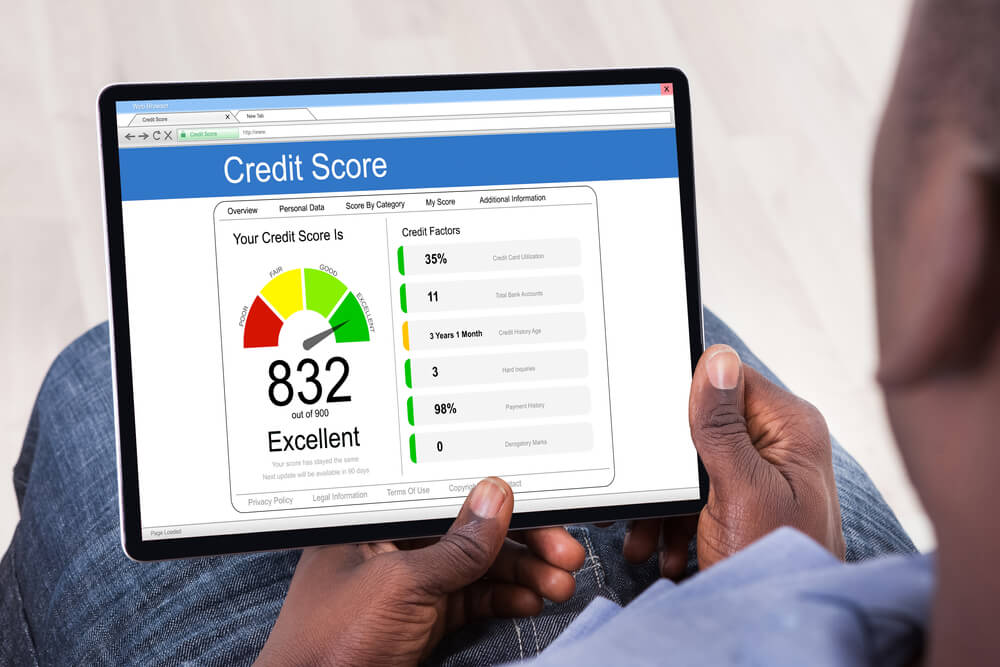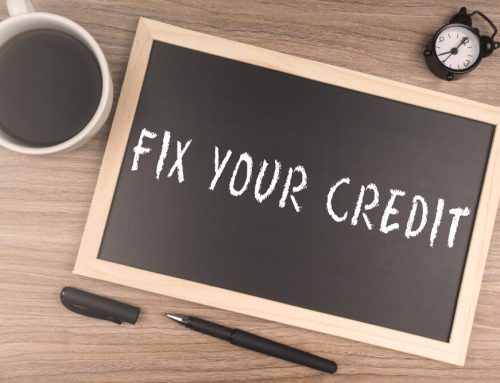Why Your Credit Score Is Important to Your Employers
You might not be thinking about your credit score when you are out job searching, but you should be.
Many people will say that their credit score importance doesn’t reflect their job performance, but not all employers agree. In fact, more than half of all employers said they perform credit checks on potential hires, according to the Society of Human Resource Management and a survey they conducted. So, it is important to raise your credit score.
Not everyone is going to think this is fair, but it is common practice. Those who use credit checks to determine job eligibility see it as a tool the same way a reference check would be. However, those against this practice see it as unfair because factors beyond a person’s control can affect their credit scores, such as divorce, medical bills, and layoffs.
There are always reasons why someone should not be hired. A simple bad credit score might not be enough to sink an applicant, but it can be the deciding factor when you have two competing applicants. In very competitive job markets, a credit score is going to factor in more than it would elsewhere.
Credit Score Importance to Employers?

Why your score matters can vary, and often it can come down to the kind of job that you are applying for.
In certain industries, credit checks for potential hires are more common. Banks, government organizations, financial institutions, and other industries with a lot of responsibility will consider credit checks as part of the hiring process. Anytime fraud or embezzlement is a potential issue, credit checks are likely to be employed as well.
Employers want to be sure that they are taking proper precautions to protect their clients and their business. Credit reviews can occur not only during the hiring process but also during your employment.
Some employers will use credit checks to differentiate between similarly qualified individuals.
If you want to compare and contrast two individuals who are up for the same position, a credit report is a good way to do that. Applicants who have significant debt or who are late on their credit payments may be too distracted by their financial woes to do their job well. The potential employer may take that into consideration as they compare and review applicants. They want people who will be able to do their job well without distractions.
A credit score can also be used to determine what kind of person an employer is considering.
Your financial data may not be the employer’s main concern, but they do want to ensure that you are ethical and that they can trust you. Character references are not as valuable and trustworthy as they used to be, and it can be difficult to verify their accuracy. Credit checks can be used to show fiscal responsibility as well as a wealth of personal information. Even previous employment, previous accounts, and past addresses can show up on a credit report.
A credit report can be used to verify or bring into question the details on a resume. Some people like to spice up their resume with inaccurate details, and a credit report can help sniff those out.
Someone who claims to have made six figures for the past few years but who had a history of credit problems during that same period might not be considered the most reliable candidate for the job. They could either be lying or just not be very good with money. Either way, the report can put them in a light that makes them less than desirable.
How credit reports can be used is all determined by the Fair Credit Reporting Act.
If you are applying for a job, then you have a right to your credit report for free from the potential employer. You are entitled to see the same details they get to see. If a potential employer turns down an application due to a credit problem, they have to tell the applicant why if they request to know.
The Importance of Credit Score in Your Job Search

If you are looking for a job, then you need to be prepared for employers to examine your credit report.
If your credit isn’t very good and you want to get hired, then you can do a few things to improve it:
- Steel yourself for examination
You should prepare your credit record for inspection the same way you would clean up your house if a prospective buyer was coming to look at it. You should know what your credit score is and examine your credit report for any errors. If you find any, make sure you dispute them and get them taken off, if possible. You won’t be able to raise your credit score significantly and quickly, though. It takes work to bring up your score.
- Be upfront about your problems
If you know that you have some financial problems on your credit report, and the employer has asked to run a credit report, then you should bring up the issues they may see. If you are proactive, you have a better chance of softening their view of your credit problems.
You can also present your side of the story, as the potential employer may not even realize there is a story there in the first place. Employers know that their hires have problems, and it helps them to know what those problems are.
- Know that your credit score is not unique
A poor credit score is usually going to affect people who have not had work for a while the most. Once you understand the importance of credit scores, there are ways to raise your credit score.
If you have a low credit rating, then you should know that there are lots of others out there like you with equally low credit scores. Employers will be looking for the most qualified individual, and your credit score is only a small factor in the overall hiring process. Be prepared to deal with your score, and you will perform better during the application process.



